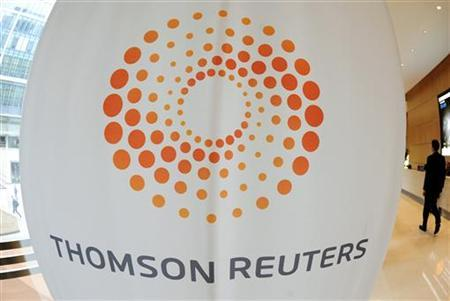Thomson Reuters has released a Checkpoint special report, The Sustainability Reporter: A deep-dive into the challenges and benefits of new corporate reporting processes, which examines the practicalities of sustainability reporting and how, in the view of sustainability reporting professionals (SRPs), the process can improve so that organizations can realize the value of these new information flows.
As companies face increasing global demand to address how they operate in a resource-constrained world, the burdens of producing new types of corporate disclosure are falling on business professionals outside of the traditional CFO unit. The responsibilities of these SRPs are growing. More investors and stakeholders are demanding information about a variety of indicators. At the same time, general reporting guidelines are moving toward standardization and regulation, and all types of corporate disclosure are moving from the delivery of documents to the delivery of data.
“Traditional accounting has done an excellent job of delivering high quality information for making decisions on how to allocate limited resources for investment. Today, companies and their stakeholders are demanding similar high quality information about other resources, such as water, forests, energy, the Earth’s ability to absorb carbon and waste, and human talent,” said Shari Helaine Littan, CPA-JD, Checkpoint editor and author with the Thomson Reuters Tax & Accounting business. “Leading companies have told us that they depend on the availability of these limited resources to create and preserve value over the long term. This report provides a much-needed examination of what we account for and how we do it.”
The authors of this report interviewed a select group of SRPs from leading companies worldwide to better understand how they are meeting sustainability reporting requirements. The report focuses on the internal dynamics of the reporting processes. It is organized into three parts: setting the reporting agenda, reporting challenges and tools and the resulting benefits and support from the larger business community.
The free report is available for download at tax.thomsonreuters.com/checkpoint/sustainability-reporter.
Thomson Reuters provides numerous products and resources offering insights on the global field of Sustainability from experts in Climate, Finance, Energy, Health, Law, Diversity, and Corporate Governance as part of our larger Corporate Responsibility & Inclusion initiative. Accounting professionals can benefit from the following offerings:
- GAAP Reporter with FASB Codification
- SEC Expert Plus and SEC Reference Library
- Thomson Reuters Eikon
- Sustainability @ Thomson Reuters
Thanks for reading CPA Practice Advisor!
Subscribe Already registered? Log In
Need more information? Read the FAQs
Tags: Benefits




